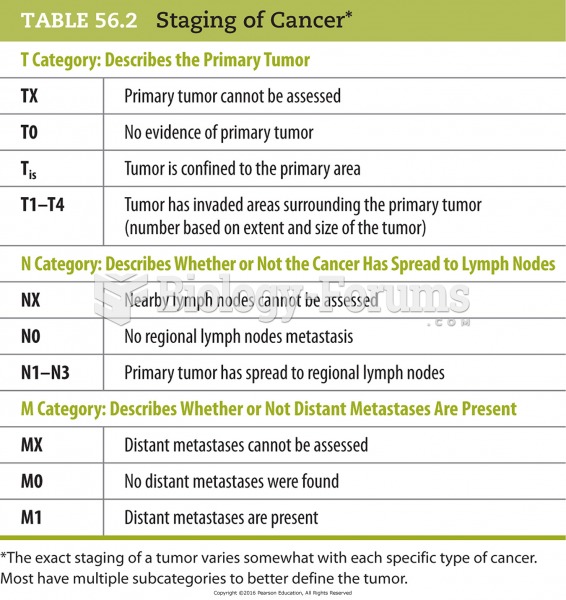A licensed practical/vocational nurse is caring for a client with end-stage lung cancer.
The client is tired of receiving palliative care (providing comfort by relieving symptoms, but no hope for cure, or to prolong life) along with chemotherapy and radiation treatments. The client states a desire to die peacefully in his home with his family. The client's multidisciplinary team consists of the licensed practical/vocational nurse, a registered nurse clinical specialist in oncology, a pulmonologist, an oncologist, a respiratory care practitioner, a psychologist, and a social worker. To best care for the client, the licensed practical/vocational nurse should call:
A) for a team meeting to discuss the client's request and to best determine what team members and resources are needed to meet the client's request.
B) the psychologist to discuss that the client is exhibiting symptoms of depression and ask for recommendations.
C) hospice so their multidisciplinary team may meet the client's requests with a hospice nurse, hospice physician, social worker, and clergy.
D) the oncologist to discuss the client's request and ask for a do not resuscitate status and discharge the client to his home.
Question 2
A licensed practical nurse has recently begun working in a new setting and has been informed by the unit manager that she will be responsible for admitting a client who will soon be arriving on the unit.
The nurse is unsure of the specific admission process that is used on the unit and was not responsible for admissions in her previous nursing role. How should the nurse respond to the manager's directive?
A) Perform the admission to the best of her ability since it is within her scope of practice
B) Inform the client that she is doing an admission for the first time before performing the task
C) Delegate the task to an unlicensed care provider who has more experience on the unit
D) Ask the manager for further teaching and training about the admission process on the unit






